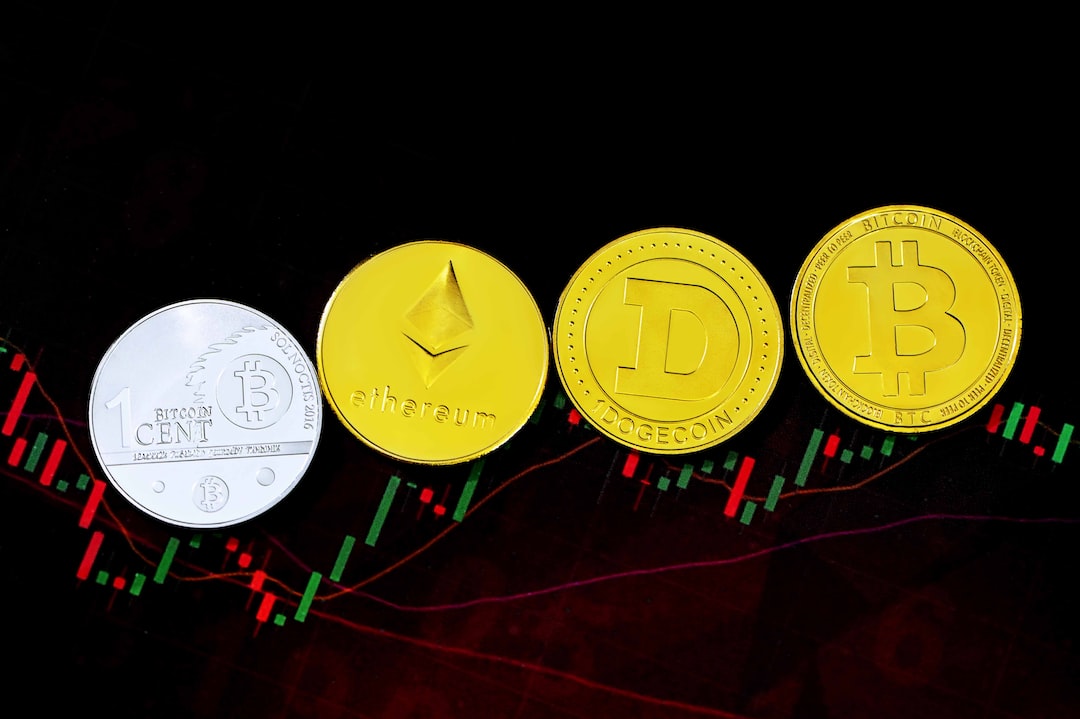Mário Centeno Calls for Global Framework to Regulate Crypto
Mário Centeno, the governor of Banco de Portugal, believes that national efforts to regulate cryptocurrencies would be ineffective without a global framework. Speaking at the 2023 Banco de Portugal Financial Stability Conference, Centeno emphasized the need for international cooperation to establish a robust regulatory system and prevent regulatory arbitrage. He argued that regulating and supervising global risks and international players at the national level would not be sufficient.
Centeno Highlights Risks of Crypto Assets
Centeno expressed concerns about the long-term viability of crypto assets and decentralized finance. He referred to them as having an “undeniable risk” and doubted their democratizing potential. According to Centeno, these volatile products gained popularity during the COVID-19 pandemic but ultimately proved unsustainable, resulting in the collapse of several products.
Support for European Union’s Crypto Framework
While praising the European Union’s Markets in Crypto-Assets (MiCA) regulations as a comprehensive framework for crypto, Centeno emphasized the need for further international consolidation of regulatory efforts. He advocated for a “same risk, same regulation” principle to ensure consistency across jurisdictions.
Global Collaboration on Crypto Regulation
Rupert Schaefer, executive director of strategy, policy, and control at the German Federal Financial Supervisory Authority, also highlighted the need for global collaboration in regulating cryptocurrencies. He acknowledged the progress made with MiCA adoption in the EU but pointed out inconsistencies on a global scale. Indian Prime Minister Narendra Modi echoed this sentiment during the annual G20 summit in August, calling for international cooperation in formulating crypto regulations.
Hot Take: International Cooperation Crucial for Effective Crypto Regulation
Mário Centeno and other regulators emphasize the importance of global collaboration in regulating cryptocurrencies. They argue that national efforts alone cannot effectively oversee the risks associated with crypto assets and international players. A robust regulatory framework that promotes consistency across jurisdictions is necessary to prevent regulatory arbitrage and ensure the long-term viability of digital assets. The European Union’s MiCA regulations are seen as a positive step, but further international consolidation is needed to address inconsistencies on a global scale.





 By
By
 By
By
 By
By
 By
By
 By
By